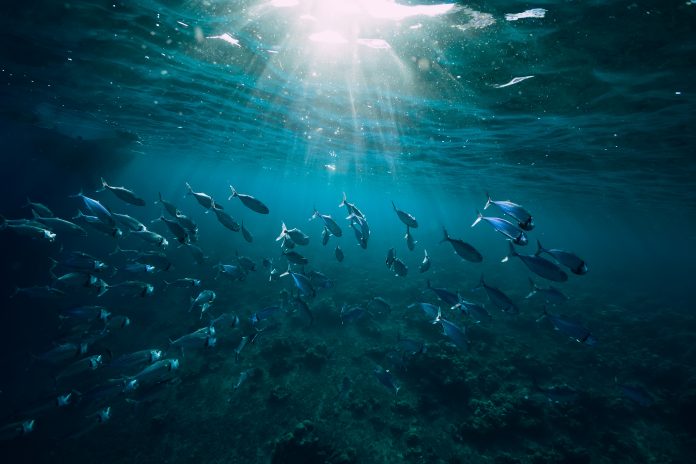Virginia Tech scientists are showing the resilient nature of cold-water fish in the face of climate change and rising ocean temperatures
Southern Ocean environments have a surprising amount of biodiversity considering the extremely cold temperatures and mile-thick ice. Fish, crustaceans, kelp, krill and much more have adapted to their frosty ecosystem, however with climate change at the forefront of news and the recent COP26 conference, many are asking – how will these species cope as temperatures around the globe begin to rise.
Antarctic fish play a vital part in the marine ecosystem and food chain of 9,000 known marine species, yet their sub-zero sanctuary and future may be at risk. Virginia Tech’s Fralin Biomedical Research Institute at VTC released a new study exploring how two species of Antarctic fish – one with hemoglobin in their blood cells and one without – respond when subjected to acute thermal stress.
Black icefish, Chaenocephalus aceratus, have unique blood, they are one of the few known vertebrates lacking hemoglobin – a molecule in red blood cells that carries oxygen from the lungs/gills throughout tissues in the body. Instead of hemoglobin, black icefish transport their oxygen through blood plasma – which is far less effective than hemoglobin. Oxygen is much more soluble in cold environments – meaning that as Antarctic temperatures begin to rise, white-blooded fish may be more vulnerable to global warming than their red blooded counterparts.
Examining 5 specimens of black icefish and 5 red blooded rockcod, Notothenia coriiceps, the team at Virginia Tech put this theory to the test. Using temperature-controlled environments, researchers were able to examine and record the changes in behaviour, motility, breathing rate, manoeuvres in the tank and fin movements. The Antarctic fishes “demonstrated resilience to environmental change and possibly to global warming,” proving hopeful for the future of cold water fish in the temperature rising world of the next few decades.
The team observed that both species responded to progressive warming with “an elaborate array of behavioural manoeuvres, including fanning and playing their fins, breathing at the surface, startle-like-behaviour, and transient bouts of alternating movement and rest.”
“The findings provide a new perspective on the effects of rising temperature on these highly cold-adapted species,” said George Somero, professor emeritus of marine biology at Stanford University and a leader in studying how marine life adapts to thermal stress.
Although this study shows the intricate ways in which Antarctic fish in particular are capable “little is known about the effects of environmental warming on their predation habits, food availability, and fecundity,” pointed out Friedlander, who is also the Fralin Biomedical Research Institute’s executive director.











